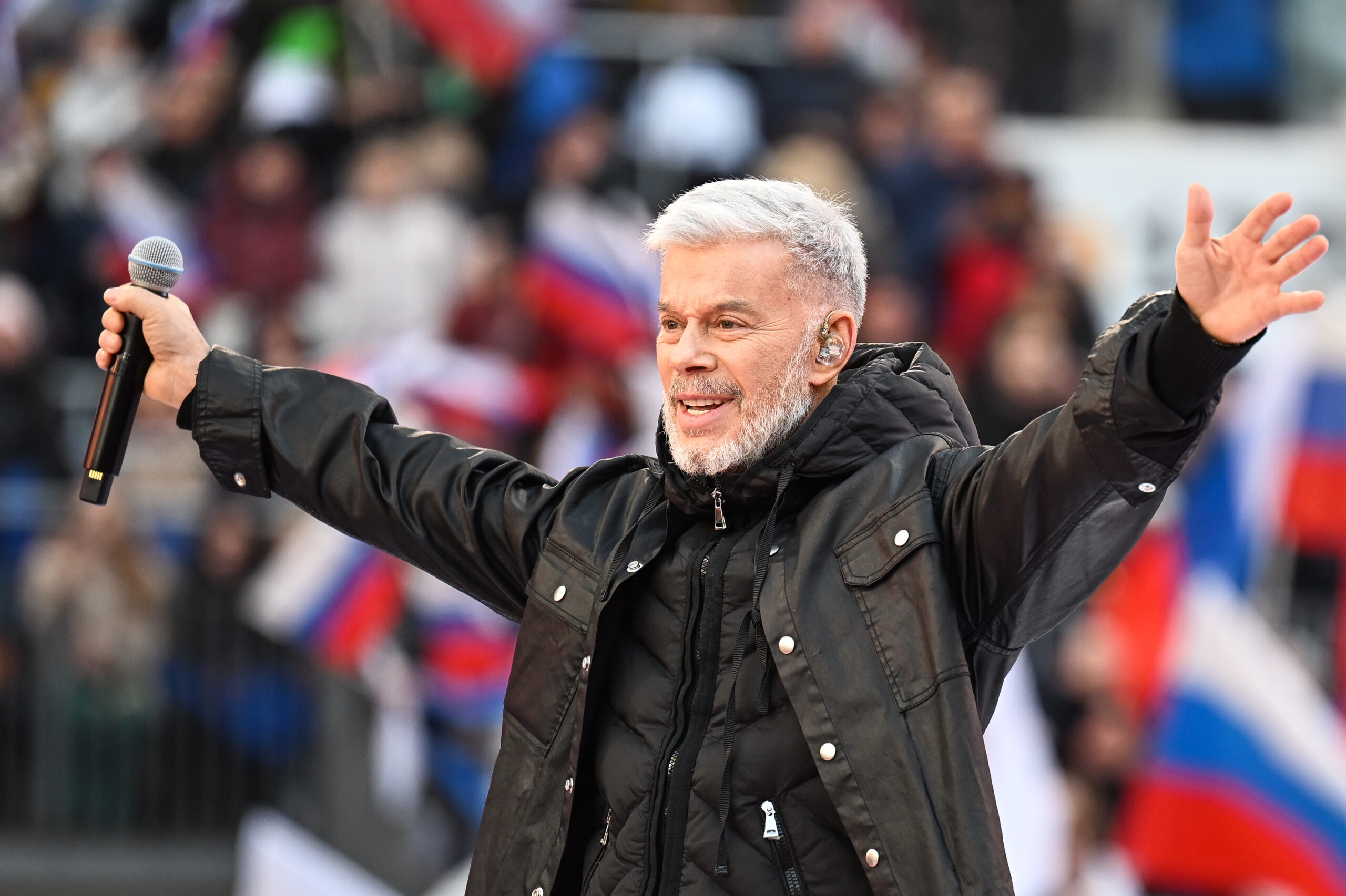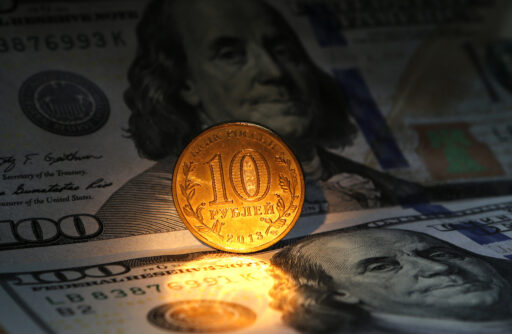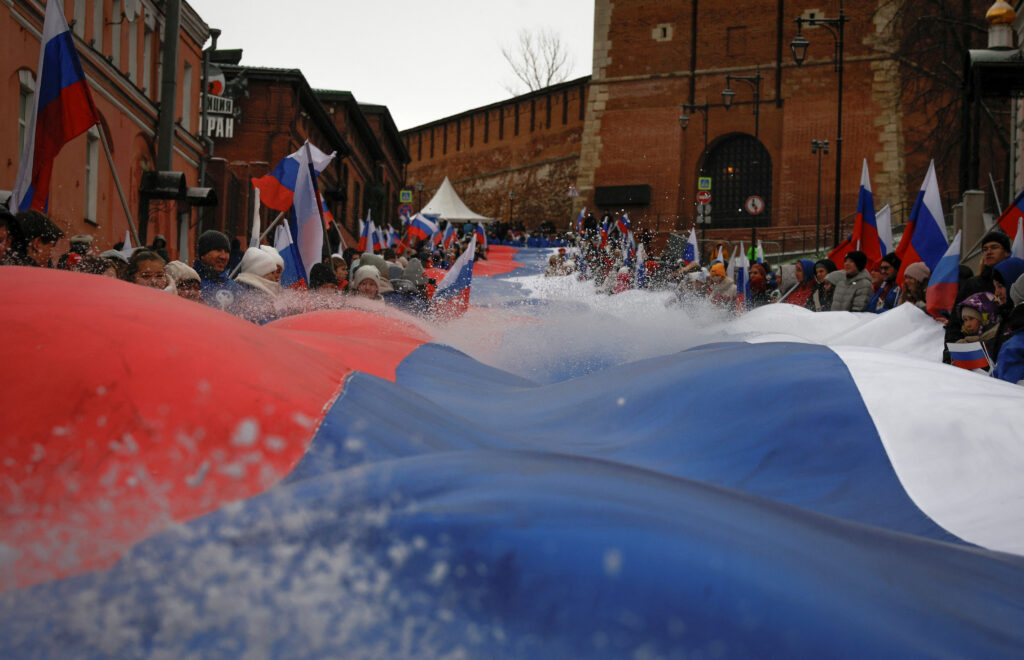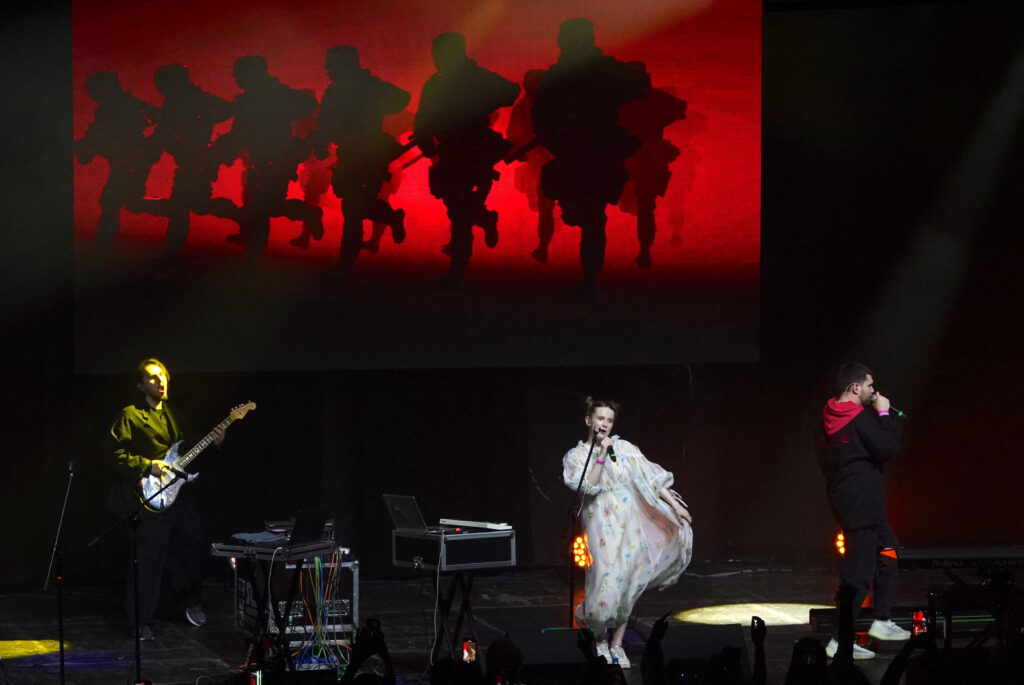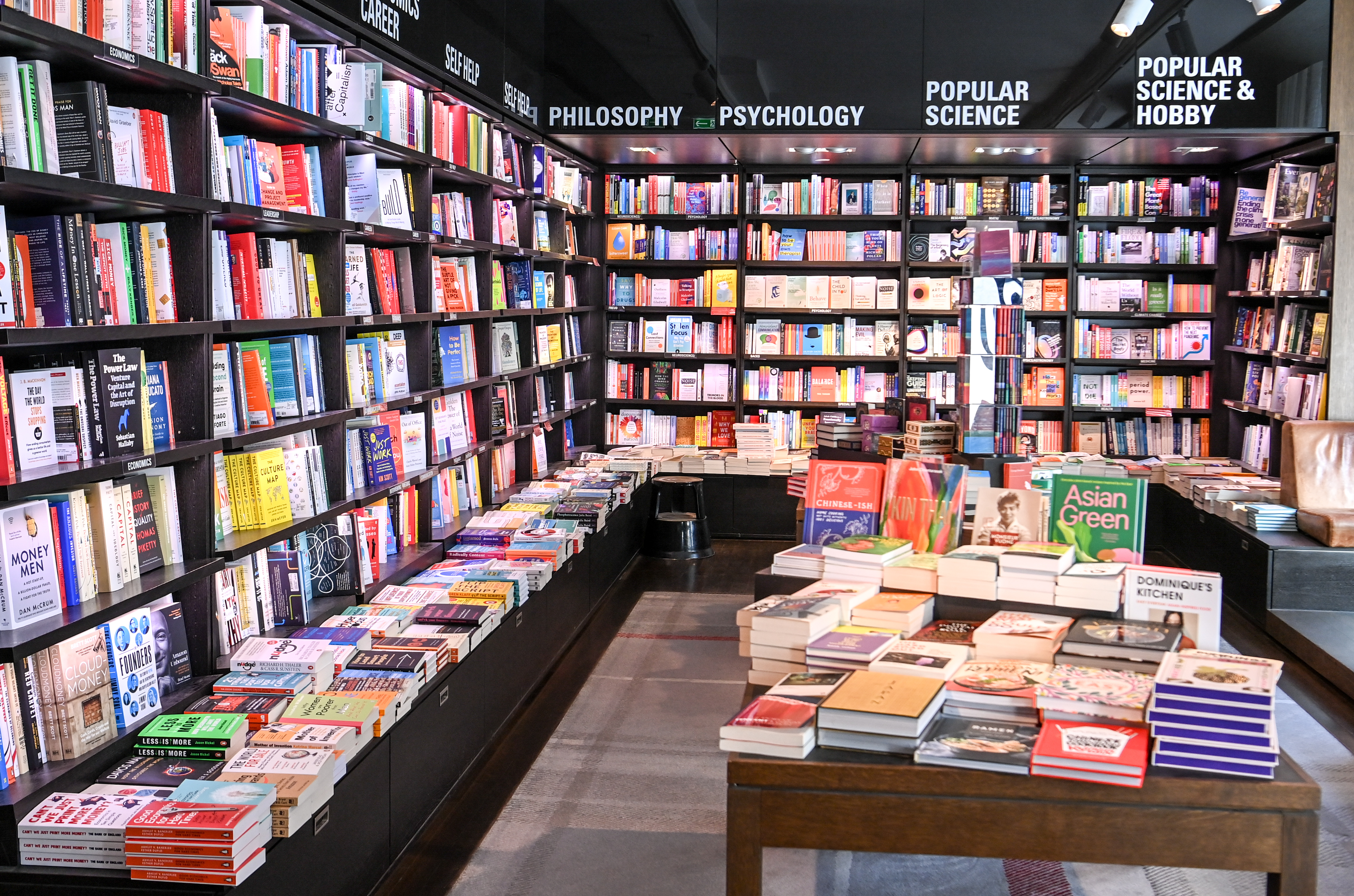The Russian authorities continue their fight against opposition-minded musicians and artists, declaring them to be foreign agents and bringing criminal charges against them. Concerts of undesirable performers and music groups get cancelled. Actors who criticise the war get dismissed from theatres. Sensing the sentiments among their superiors, Members of Parliament suggest that scenes with disgraced artists should be removed from movies or their names should be labelled as ‘traitors’ in the final credits.
The Kremlin would like the cultural scene to offer full support for the war, but receives backing only from actors and musicians who are ultra-loyal, close to the authorities and popular with the older generation. Performers and singers who are favoured by young people criticise the authorities’ actions and the outbreak of war. Facing a defeat in this battlefield, the Kremlin is acting in its usual way, i.e. imposing bans and repressions. However, this does not solve the problem and only fuels young people’s interest in opposition-minded artists and musicians.
Only old men go into battle
The Russian music scene as well as the movie and theatre industry have divided into three camps since the start of the war. The first camp comprises stars who condemn the invasion, the second one includes those who do not publicly support it whereas the third one is composed of characters who have expressed full loyalty to the Russian authorities and support for the war. The former two camps have significant numbers of performers and actors who are genuinely popular (primarily among young audiences). Those who have expressed support for the war are the second- and third-tier stars (for example, Yulia Chicherina), or artists attracting the older generation of Russians. The Kremlin clearly did not and does not like this situation. According to opinion polls, young people are more sceptical than anyone else about the war and the authorities in general, while opinion leaders, such as popular rap and rock performers, demonstrate solidarity with their audiences and do not try to change their minds along the lines favoured by the authorities.
Which Russian stars have officially supported the war? In most cases, these have been people who focus on promotion via TV channels or earn their living by performing at corporate parties of major state-owned companies or associated businesses. They have long been loyal to the government, knowing all to well that this is the source of their well-being. These performers and actors aim to attract mainly older TV audiences. From the perspective of second-tier stars (such as Sergey Galanin or Alexander Sklyar) and particularly the third-tier ones, support for the war has become an opportunity to cash in on officially organised concerts. However, the loyalty demonstrated by such artists neither boosts the authorities’ ratings nor increases public support for the war. For example, Zveroboy, a band whose songs are played on TV and who perform at concerts organised in the Vasilevsky Descent near the Red Square, has only 46,500 subscribers on YouTube. Sergey Galanin’s band called Serga has 11,500 subscribers. Pop singer Oleg Gazmanov, who has been performing ‘patriotic pop’ for a long time, can boast almost 300,000 subscribers. Shaman, the most popular representative of the so-called ‘Z-scene’ (supporting government policies), has 1.8 million subscribers.
It is interesting to compare these figures with those of Little Big (a banned band with 7.2 million subscribers) or Morgenstern (11 million). Oxxxymiron, which does not aspire to top the pop charts, has accumulated 2 million subscribers without any media support (unlike Shaman). When looking at these figures, it is important to bear in mind that YouTube is not some niche platform but the ‘new TV’ for Russian audiences, especially for the young generation. In contrast, the audiences of official TV channels represent Putin’s pro-war electorate. Those people watch Z-concerts and Z-music videos hand-picked by media managers, their overall message closely coinciding with official propaganda shows.
Cancel culture, the Kremlin way
Top-ranking stars in Russia do not need government support: their audiences shun TV and can find videos and concerts of their favourite artists on YouTube. Their concerts will sell out, paid for by the audiences, not the government. The same holds true for genuinely popular actors and TV anchors: they can earn their own money through YouTube and live performances. Russian top stars can afford to be independent and make use of it. Since the authorities cannot force these artists to support the war, they apply all kinds repressions: the most ardent critics are put on the list of foreign agents and prosecuted while moderate opponents are banned from performing live across Russia and from appearing on TV and radio.
Even TikTok stars are being targeted by the government. For instance, Nekoglai, one of the most popular bloggers, was detained and deported from Russia after he parodied the gestures of a Russian soldier throwing a grenade from a trench. However, Nekoglai did not even criticise the war, the army or even that particular soldier. The blogger said that he was tortured by the police and even threatened with rape before deportation.
In parallel, the authorities are attempting to replace imports by promoting new stars on YouTube, such as singers Shaman or Akim Apachev, or by reviving familiar names (one example was the video clip entitled ‘I’m staying’, recorded by patriotic rock stars). However, pro-government performers and actors lose out to their more popular peers who are not supported by the government.
As a result, the Kremlin, which has been trying to censor, ban, repress musicians, TV presenters and actors and deprive them of their livelihood, is losing the game in this battlefield. Oxxxymiron continues to be watched even though he was declared a foreign agent and one of his songs was labelled as extremist: his new videos attract steady 13−14 million views on YouTube. In contrast, Shaman’s latest songs received merely 2−3 million views despite all the media support.
The assertions that no one ‘cancels’ cultural figures in Russia, as opposed to the West, sound false to young audiences and listeners. In the past, young people could easily attend concerts of their favourite performers either in their home town or in a neighbouring city. This is no longer possible now. Despite staying outside politics, the audiences will inevitably ask questions. Why have the concerts of their favourite star been cancelled? What has actually happened? Why does their favourite musician speak out against the authorities and the war? Logically speaking, such questions are inevitable. In parallel, caught up in repression and bans, the stars themselves become increasingly radicalised. Instead of moderately opposition-minded artists, the Kremlin is fuelling politicisation of artists and performers. Oxxxymiron writes anti-Kremlin songs on political themes. Monetochka records humorous TikTok videos criticising the authorities. Maxim Galkin has shifted his focus to political satire. TikToker Nekoglai donates money to the Ukrainian Armed Forces. Through their creative work, artists inevitably influence audiences, and tabooed topics become publicly discussed. One vivid example was the reception of Oxxxymiron’s music video ‘Oyda’: commentators praised the political content of the song and likened it with pieces released by opposition rock musicians in Soviet times.
History knows multiple examples of musicians who significantly fuelled anti-war or opposition sentiments among citizens. For example, many rock stars, including John Lennon, spoke out against the U.S. war in Vietnam, thus turning into central moral authorities and leaders of anti-war youth, who eventually prevailed. The current situation is becoming very similar to the late years of the USSR, when the older generation watched the ‘officially permitted’ performers on TV and went to concerts in the philharmonic halls approved by the officials. Meanwhile, young people copied and spread cassettes with music of banned artists such as Kino, Akvarium and DDT (the latter two groups have ‘earned’ a new ban recently). In fact, a ‘banned music band’ was synonymous with ‘quality music’. Such artists gave concerts in semi-underground or clandestine settings, members of their audience could end up in a police station, and fans sometimes had to travel to another city to hear their favourite musician live. Nowadays, in times of YouTube and streaming services, such problems no longer exist and there is no need to copy cassette tapes at home. What are the choices for those who really want to attend a live concert? Well, they can travel to Kazakhstan or Armenia, where banned stars often perform these days. No money for travel? Then YouTube is always at available and ready.
The authorities are trying to fend off a wave of opposition-minded critics not only by applying bans, but also by manipulating results of opinion polls. For example, according to a VCIOM study, Oleg Gazmanov is allegedly the most popular Russian singer nowadays. With his 300,000 subscribers on YouTube, one might wonder how this is possible. In fact, Shaman, who ranked second in the poll, would have looked more plausible as the new official king of the Russian stage. It is important to bear in mind that these poll results are targeted at the audiences who already support the government anyway.
After the collapse of the USSR, formerly outlawed rock musicians began to fill stadiums, whereas many of the ‘officially permitted’ artists who used to perform on Soviet TV and in philharmonic halls became regulars in provincial clubs. Those who criticise the current war have already proven that they can fill stadiums. And the time may come when they make people take to the streets and city squares.
